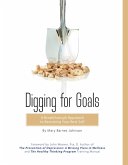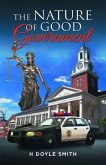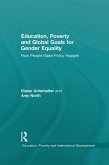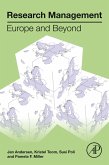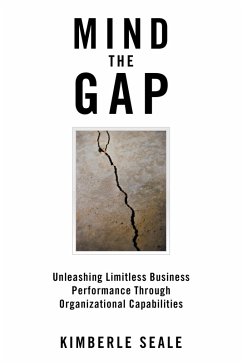Doyle Smith began his study of the nature of economic interactions at Arizona University in 1962. With the background of scholastic study, he worked and observed the activities of many people and various enterprises over fifty years, including thirty years as a CPA. Having won an award for his excellence in history in the seventh grade and having continued the study along with practical rewriting on economics, he combines an understanding of value to explain your role in having a strong economy. This role is supported by history and common sense.
Dieser Download kann aus rechtlichen Gründen nur mit Rechnungsadresse in A, D ausgeliefert werden.



